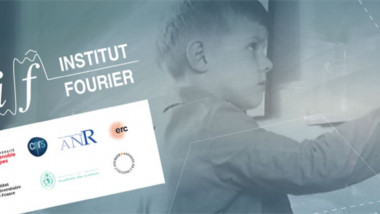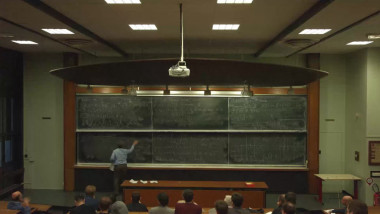Stochastic optimization for entropic optimal transport
Appears in collection : GDR ISIS - Transport Optimal et Apprentissage Statistique
Optimal transport is a foundational problem in optimization, that allows to compare probability distributions while taking into account geometric aspects. Its optimal objective value, the Wasserstein distance, provides an important loss between distributions that has been used in many applications throughout machine learning and statistics. Recent algorithmic progress on this problem and its regularized versions have made these tools increasingly popular. However, existing techniques require solving an optimization problem to obtain a single gradient of the loss, thus slowing down first-order methods to minimize the sum of losses, that require many such gradient computations. In this work, we introduce an algorithm to solve a regularized version of this problem of Wasserstein estimators, with a time per step which is sublinear in the natural dimensions of the problem. We introduce a dual formulation, and optimize it with stochastic gradient steps that can be computed directly from samples, without solving additional optimization problems at each step. Doing so, the estimation and computation tasks are performed jointly. We show that this algorithm can be extended to other tasks, including estimation of Wasserstein barycenters. We provide theoretical guarantees and illustrate the performance of our algorithm with experiments on synthetic data. Julie Delon, Generalized Wasserstein barycenters between probability measures living on different subspaces. We introduce a generalization of the Wasserstein barycenter, to a case where the initial probability measures live on different subspaces of R^d. We study the existence and uniqueness of this barycenter, we show how it is related to a larger multi-marginal optimal transport problem, and we propose a dual formulation. Finally, we explain how to compute numerically this generalized barycenter on discrete distributions, and we propose an explicit solution for Gaussian distributions.












